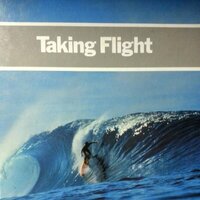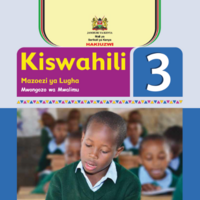Search
Books+
Searching 1,730 books
Search related to the career Flight Instructor
Responsibilities of a Flight Instructor:
1. Teaching Flight Theory: Flight instructors are responsible for teaching students the theoretical aspects of aviation, including aerodynamics, aircraft systems, weather patterns, navigation, and regulations.
2. Providing Practical Flight Training: Flight instructors guide students through hands-on flight training, teaching them how to operate aircraft safely and effectively. They demonstrate maneuvers, supervise practice sessions, and provide real-time feedback.
3. Developing Lesson Plans: Flight instructors create structured lesson plans and training programs to ensure students receive comprehensive and progressive instruction. They design curriculum, set learning objectives, and adapt teaching methods to individual student needs.
4. Evaluating Student Progress: Flight instructors assess student performance through regular evaluations and examinations. They track progress, identify areas for improvement, and provide constructive feedback to help students develop their skills.
5. Ensuring Safety: Safety is a paramount responsibility for flight instructors. They teach students proper safety procedures, monitor adherence to aviation regulations, and instill a safety-conscious mindset in their students.
6. Maintaining Records: Flight instructors maintain accurate records of student training, including flight hours, lesson plans, and evaluations. These records help track student progress and ensure compliance with regulatory requirements.
7. Staying Current: Flight instructors must stay up-to-date with the latest aviation regulations, technological advancements, and teaching methodologies. They continuously enhance their own knowledge and skills to provide the most relevant and effective instruction.
8. Being a Role Model: Flight instructors serve as role models for their students, exemplifying professionalism, discipline, and a strong work ethic. They inspire and motivate students to pursue excellence in aviation.
9. Preparing for Certifications: Flight instructors assist students in preparing for various certifications, such as private pilot licenses, instrument ratings, and commercial pilot licenses. They provide guidance, practice exams, and support to help students succeed in their certification exams.
10. Building a Positive Learning Environment: Flight instructors create a positive and supportive learning environment that fosters student engagement and confidence. They encourage open communication, address student concerns, and promote a collaborative atmosphere among students.
Source: Various AI tools



























